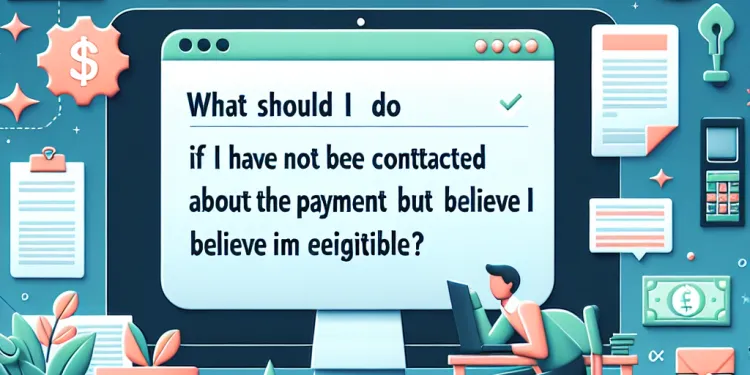
Find Help
More Items From Ergsy search
-

Who is eligible for a Funeral Expenses Payment?
Relevance: 100%
-

Are students eligible for the £500 cost of living payment?
Relevance: 99%
-
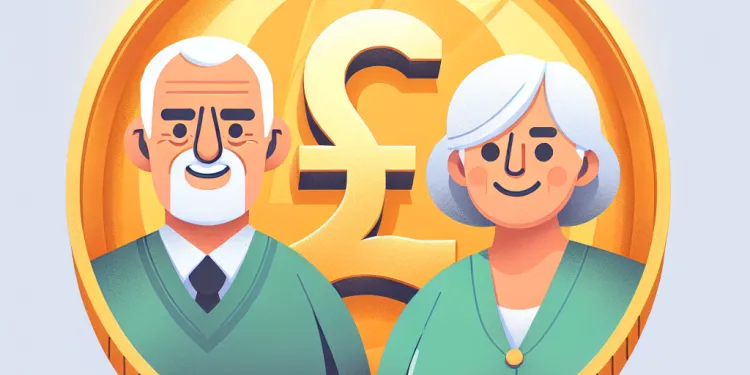
Are pensioners eligible for the £500 cost of living payment?
Relevance: 99%
-

Who is eligible for the Winter Fuel Payment in Scotland?
Relevance: 99%
-

Who is eligible to receive the £500 cost of living payment?
Relevance: 95%
-

What should I do if I think I'm eligible but haven't received the payment?
Relevance: 92%
-
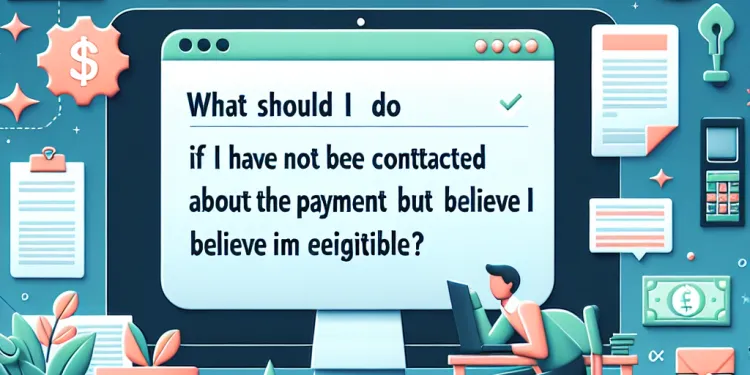
What should I do if I have not been contacted about the payment but believe I am eligible?
Relevance: 86%
-
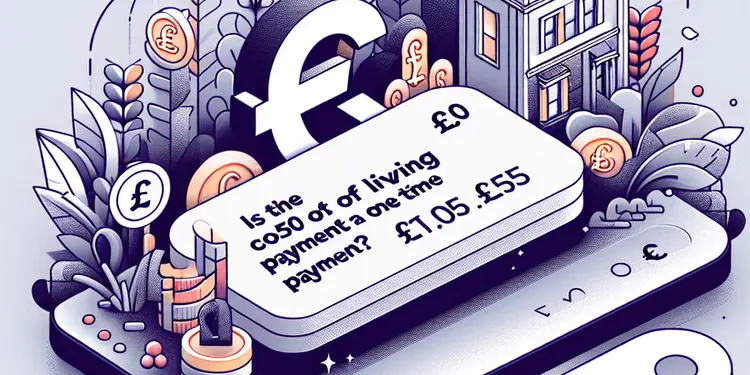
Is the £500 cost of living payment a one-time payment?
Relevance: 77%
-

Can I receive this payment alongside other cost of living payments?
Relevance: 76%
-

Is the £500 cost of living payment a one-time payment?
Relevance: 75%
-
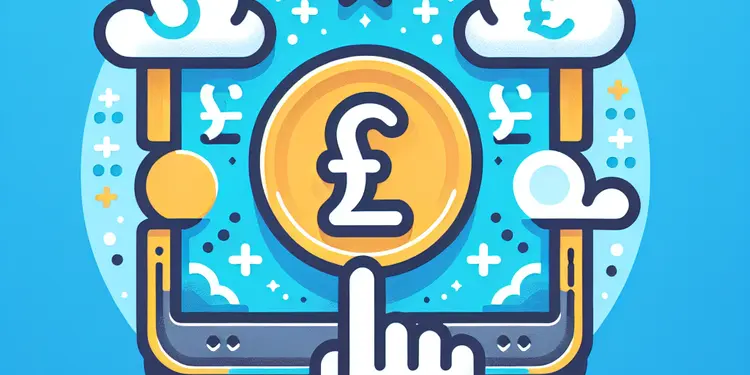
How will I receive the £500 payment?
Relevance: 71%
-
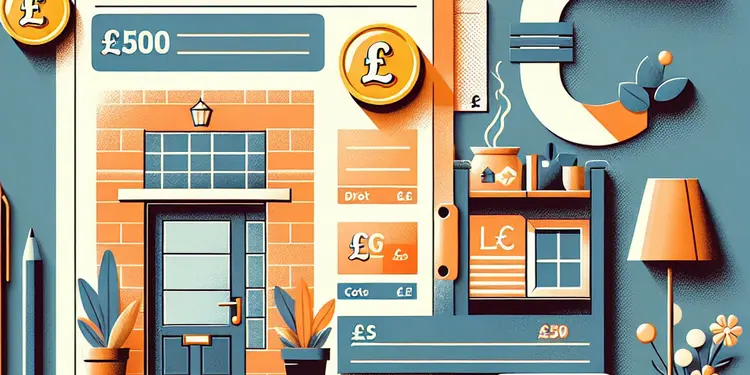
What is the £500 cost of living payment?
Relevance: 70%
-
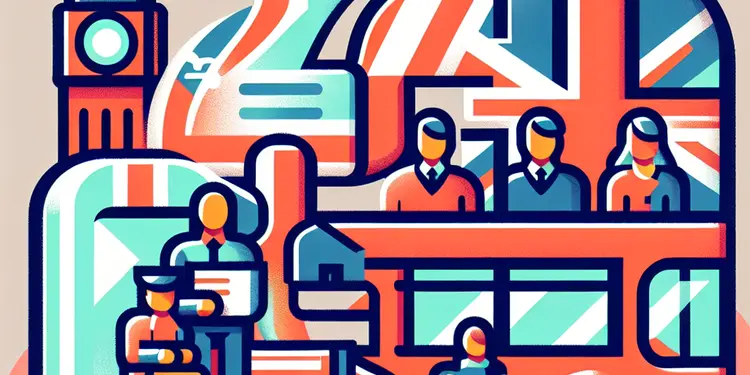
Do international students qualify for the £500 payment?
Relevance: 70%
-

What is the £500 cost of living payment?
Relevance: 69%
-

Is the £500 cost of living payment taxable?
Relevance: 69%
-

When will the £500 payment be distributed?
Relevance: 68%
-

When will I receive the Winter Fuel Payment?
Relevance: 68%
-
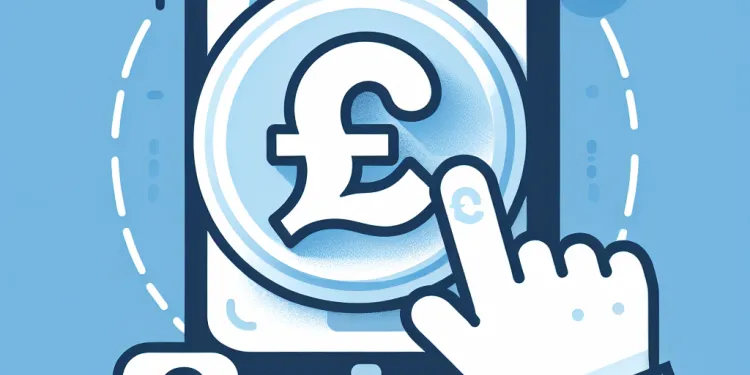
Will the £500 cost of living payment affect my benefits?
Relevance: 67%
-

When is the Winter Fuel Payment paid out?
Relevance: 67%
-
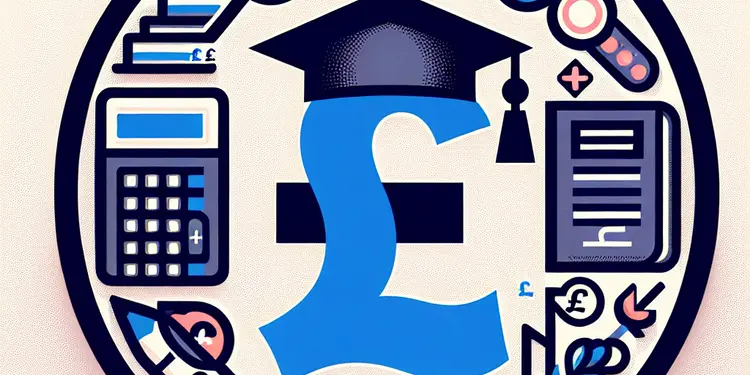
Can part-time students apply for the £500 payment?
Relevance: 67%
-

What criteria must be met for students to receive the payment?
Relevance: 67%
-

How much will I receive as a Winter Fuel Payment?
Relevance: 66%
-

Is there a deadline to apply for the £500 cost of living payment?
Relevance: 66%
-

How do I apply for the Winter Fuel Payment in Scotland?
Relevance: 66%
-
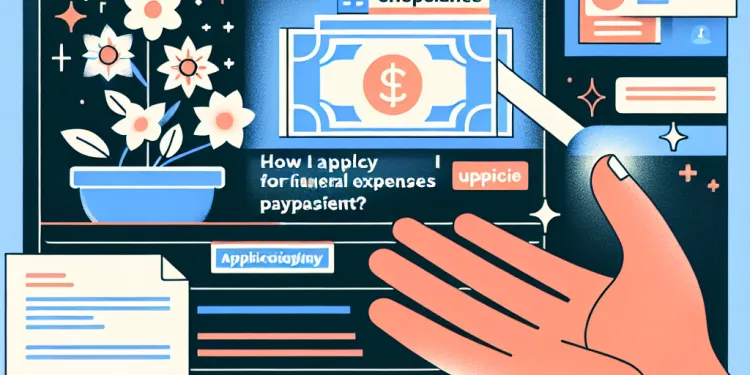
How do I apply for a Funeral Expenses Payment?
Relevance: 66%
-

When will I receive the £500 cost of living payment?
Relevance: 66%
-

How do I get the winter fuel payment in Scotland?
Relevance: 66%
-

Can I receive the payment if I already receive other benefits?
Relevance: 66%
-

Can I still get the Winter Fuel Payment if I am living abroad?
Relevance: 65%
-

Is there an income threshold for students to qualify for the payment?
Relevance: 65%
-
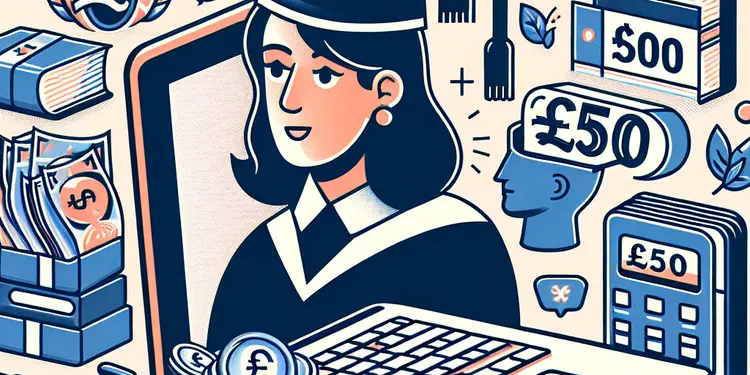
Can mature students apply for the £500 cost of living payment?
Relevance: 65%
-
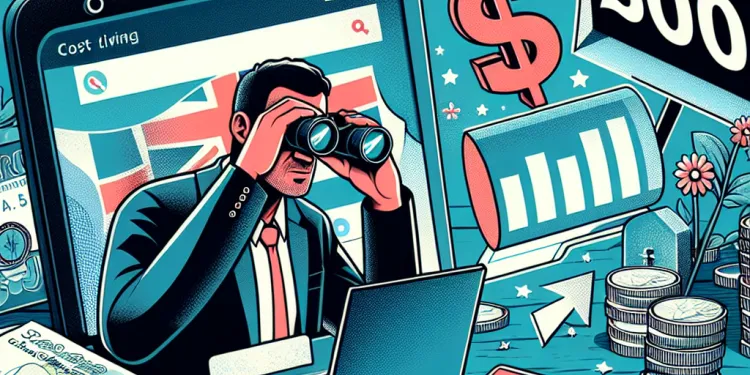
how do I get the £500 cost of living payment before March deadline?
Relevance: 65%
-

Can students receive the £500 cost of living payment?
Relevance: 64%
-

Can I get the Winter Fuel Payment if I receive other benefits?
Relevance: 64%
-
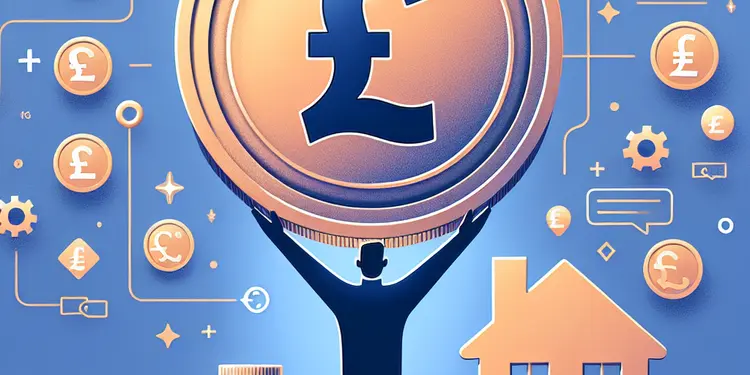
How do I apply for the £500 cost of living payment?
Relevance: 64%
-

Does receiving the Winter Fuel Payment affect my other benefits?
Relevance: 64%
-

Can I receive the Warm Home Discount and Cold Weather Payment?
Relevance: 63%
-

Do I have to repay the Winter Fuel Payment if my circumstances change after I've received it?
Relevance: 63%
-

Is there a deadline to claim the Winter Fuel Payment?
Relevance: 63%
-
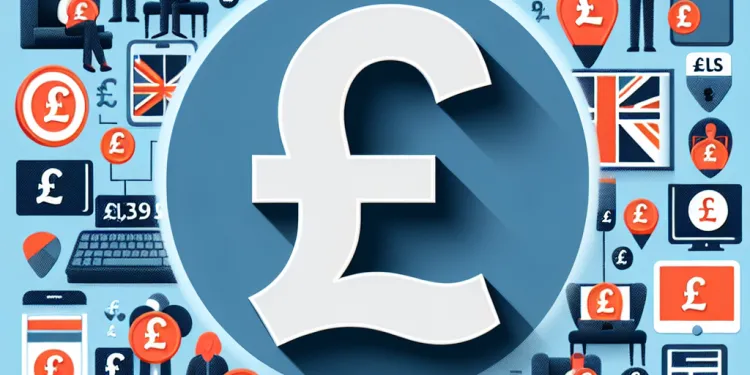
How can I apply for the £500 cost of living payment?
Relevance: 63%
Understanding Your Eligibility
If you believe you are eligible for a payment but have not been contacted, the first step is to ensure you clearly understand the criteria for eligibility. In the UK, eligibility for certain benefits and grants can depend on various factors such as income, employment status, age, and specific circumstances. Check the official UK government website or contact the relevant department to confirm the specific eligibility requirements for the payment in question.
Checking Communication Channels
Often, communications about payments and benefits are sent via mail, email, or through government portals such as the GOV.UK online account. Ensure that your contact information is up to date on all relevant platforms. It is advisable to check your spam or junk email folders in case important messages have been filtered incorrectly. If you have an online account with the government, log in to check if there are any notifications or messages concerning your payment status.
Contacting Relevant Authorities
If you have confirmed your eligibility and have not received any communication, reach out to the relevant authority to inquire about your status. This could be HM Revenue and Customs (HMRC), the Department for Work and Pensions (DWP), or another governmental body managing the payment. Have your National Insurance number and any relevant reference numbers ready to provide to the representative, as this will help them quickly locate your records and assist you more efficiently.
Documenting Your Communication
Whenever you contact authorities regarding your eligibility or payment status, it is crucial to document your interactions. Keep a record of any emails, letters, or messages sent and received. If you make phone calls, note the date, time, and name of the representative you spoke with, along with the details of the conversation. This documentation can be useful if you need to prove your attempts to resolve the issue or if you need to escalate the matter further.
Understanding Your Rights
Knowing your rights can empower you during this process. If there is a delay or an error regarding your payment, you may be entitled to certain remedies or compensations. Review the guidance on official websites about what to do if there is a problem with a government-issued payment. This information is often available in the ‘Complaints and Compensation’ sections.
Seeking Assistance
If you find it challenging to navigate the system or resolve the issue on your own, do not hesitate to seek assistance. Organisations such as Citizens Advice can offer free guidance and support in dealing with payment issues. They can help you understand the process, prepare documents, and advocate on your behalf if necessary.
Understanding If You Qualify
If you think you should get a payment but you have not been told about it, the first thing to do is make sure you know the rules to qualify. In the UK, you need to meet certain rules to get some benefits or money help. This could be about how much money you make, if you have a job, your age, or specific needs you might have. To know the rules, look at the official UK government website or talk to the right department.
Checking Messages
Information about payments and benefits usually comes through mail, email, or government websites like the GOV.UK online account. Make sure your contact details are correct everywhere. Also, look in your spam or junk email to check if important emails went there by mistake. If you have an online account with the government, log in and see if there are messages about your payment.
Talking to the Right People
If you know you should get the payment but haven’t heard anything, contact the right government department. This could be HM Revenue and Customs (HMRC), the Department for Work and Pensions (DWP), or another office. Have your National Insurance number and any other important numbers ready. This will help them find your information quickly and assist you better.
Keeping a Record
When you talk to people about your payment or qualifying, write down what happens. Keep emails, letters, and messages. If you call them, write down the date, time, who you talked to, and what was said. These notes can help if you need to show what you have done to solve the problem.
Knowing Your Rights
It is good to know what you can ask for if there is a problem. If your payment is late or there is a mistake, you might get help to fix it. Look on official websites for what to do if there is a problem with a payment. Check the ‘Complaints and Compensation’ sections for more info.
Getting Help
If you find it hard to deal with the payments on your own, ask for help. Groups like Citizens Advice can help you for free. They can guide you, help with documents, and speak for you if needed.
Frequently Asked Questions
What should I do if I have not been contacted about the payment, but I believe I am eligible?
First, verify your eligibility based on the criteria provided by the issuing organization. If you meet the criteria, proceed to the next steps.
How do I confirm my eligibility for the payment?
Check any official communication or documentation outlining the eligibility criteria, such as income limits, employment status, or geographic location.
Should I contact the organization directly?
Yes, if you believe you are eligible but have not been contacted, it is advisable to reach out to the organization responsible for the payment for clarification.
Where can I find the organization's contact information?
Look for contact details on the organization’s official website, past communications, or any official announcements related to the payment.
Is there a deadline for inquiries about the payment?
Check official announcements carefully. These will often specify any deadlines or cut-off dates for inquiries or application submissions.
Can I submit a formal appeal if I believe I was overlooked?
Many organizations have an appeal or review process. Look for forms or procedures related to disputing or requesting a review of your eligibility.
What documentation might I need to provide when reaching out?
Prepare to provide documents such as identification, proof of income, residency, or any other information relevant to the eligibility criteria.
Should I follow up if I don’t get a response after my initial inquiry?
Yes, if you do not receive a response within a reasonable timeframe, consider following up with a second inquiry.
Is there an online portal to check my application status?
Some organizations offer online portals where you can check the status of your application or eligibility. Check their website for such resources.
Are there community resources or advocacy groups that can assist me?
Yes, local community organizations or advocacy groups may offer guidance or assistance in navigating the process.
What are the common reasons for not being contacted despite eligibility?
Common reasons include administrative errors, outdated contact information, or missing documentation.
How can I ensure my contact information is up to date with the organization?
Log into any administrative portals or contact the organization directly to update your information.
What if I am unable to reach the organization via phone or email?
Consider alternative methods such as visiting their physical office or reaching out via social media, if applicable.
Will reaching out affect my eligibility or delay my payment?
Reaching out for clarification should not negatively impact your eligibility or delay your payment.
What should I do if I am told I am ineligible, but I disagree?
Request further clarification on why you are considered ineligible and inquire about a review process or appeal.
If there is a mistake, can it be corrected after the fact?
Mistakes can often be corrected, but it is important to act promptly to resolve any discrepancies.
Does missing the initial outreach mean I have permanently lost eligibility?
Not necessarily. Confirm with the organization if missing initial contact affects your status or if there are steps to rectify the situation.
Are there any privacy concerns in providing my information again?
Ensure that you are submitting information through official and secure channels to protect your privacy and data.
Can friends or family members inquire on my behalf?
Some organizations may allow representatives to inquire on your behalf, but permission or representation may need to be documented.
How long should I expect to wait for a resolution once I’ve made an inquiry?
The time for resolution can vary. It’s reasonable to ask the organization for an estimated timeframe during your inquiry.
What if no one has talked to me about the payment, but I think I should get it?
First, make sure you qualify. Check the rules from the organization giving the help. If you qualify, go to the next steps.
How can I check if I can get the money?
Look at any official papers that explain who can apply. Check things like how much money you can earn, if you need a job, or where you live.
Is it okay to talk to the organization myself?
Yes, if you think you should get something but no one has talked to you, it's a good idea to ask the people who give it out for help.
How can I find the group's contact details?
To find who to talk to, go to the group's official website. You can also check old messages or any news they have shared about the payment.
When do I need to ask about the payment by?
Look at important news carefully. These will often tell you about the last dates to ask questions or send applications.
Can I ask for a review if I feel left out?
A lot of places have a way to ask for help if you think something is wrong. Look for papers or steps that show you how to ask for another look at your chance to get help.
What papers do I need to show when asking for help?
Get ready to show some papers. You might need: a card to say who you are, papers showing you earn money, where you live, or other things they ask for.
What should I do if I don’t hear back after my first message?
If you send a message and don’t get an answer, it can be confusing. Here’s what you can do:
- Wait a few days before sending another message.
- Keep your message short and polite.
- Ask if they got your first message.
Helpful tools:
- Use a calendar to remind you when to follow up.
- Ask someone you trust to help you write your message.
If you do not get an answer soon, you should ask again.
Can I check my application online?
Yes, you can check your application on the internet. Use a website to see it.
Helpful tip: You might need your username and password. Write them down so you don’t forget!
Some places let you go online to see how your application is doing. You can also see if you can get something you applied for. Go to their website to find out more.
Can local groups or helpers support me?
Look for local groups and helpers who can give you support. They can help you with questions or problems. You can find them by:
- Asking at your library.
- Checking online for local help groups.
- Talking to friends or family who might know.
These groups are here to help you!
Yes, local community groups can help you. They can guide you and help you understand what to do.
Why might you not hear back even if you can get the job?
Things can go wrong if:
- People make mistakes with paperwork.
- Your contact details, like phone number or address, are old.
- Some important papers are missing.
It's a good idea to:
- Check your paperwork carefully.
- Make sure your phone number and address are up to date.
- Keep all important documents in one place.
How can I keep my contact information current with the organization?
Here is how you can keep your contact information (like your phone number and address) up to date:
- Regularly check your details in the organization's records.
- If anything changes, tell them right away.
- Use their website, if they have one, to update your information.
- Call their office or send them an email to tell them about any changes.
- Ask someone in the organization to check your details with you.
Support tools:
- Use a calendar to remind yourself to check your information every few months.
- Ask a family member or friend to help you update your information if needed.
Sign in to the admin website or call the company to change your details.
What should I do if I can't call or email the organization?
If you can't reach the organization by phone or email, you can try these other ways:
- Visit their website for more contact options.
- Look for an online chat on their website.
- Check their social media pages and send a message there.
- Visit their office in person, if it's close by.
If you need help, ask a friend, family member, or support worker.
Try different ways to talk to them. You can go to their office or send them a message on social media, like Facebook or Twitter, if they use it.
If I ask for help, will it change my chances or make my payment late?
It’s okay to ask questions if you don’t understand something. It won’t stop you from getting help or delay your payment.
What can I do if they say I can't have it, but I think I should?
Ask why you can't take part and find out if you can ask someone to look at the decision again or if you can appeal it.
If a mistake happens, can we fix it later?
People can often fix mistakes. It is important to fix problems quickly.
Can I still join if I missed the first message?
No, not always. Check with the organization to see if missing the first contact is a problem. Ask if there is anything you need to do to fix it.
Is it safe to share my information again?
Make sure you send your information using safe and official ways. This helps keep your data and privacy safe.
Can my friends or family ask questions for me?
Sometimes, other people can ask questions for you, but you might need to show that you said it is okay for them to do this.
How long will it take to get an answer after I ask a question?
The time it takes to fix the problem can be different each time. It’s okay to ask the company how long it might take when you talk to them.
Useful Links
This website offers general information and is not a substitute for professional advice.
Always seek guidance from qualified professionals.
If you have any medical concerns or need urgent help, contact a healthcare professional or emergency services immediately.
Some of this content was generated with AI assistance. We’ve done our best to keep it accurate, helpful, and human-friendly.
- Ergsy carfully checks the information in the videos we provide here.
- Videos shown by Youtube after a video has completed, have NOT been reviewed by ERGSY.
- To view, click the arrow in centre of video.
- Most of the videos you find here will have subtitles and/or closed captions available.
- You may need to turn these on, and choose your preferred language.
- Go to the video you'd like to watch.
- If closed captions (CC) are available, settings will be visible on the bottom right of the video player.
- To turn on Captions, click settings .
- To turn off Captions, click settings again.
More Items From Ergsy search
-

Who is eligible for a Funeral Expenses Payment?
Relevance: 100%
-

Are students eligible for the £500 cost of living payment?
Relevance: 99%
-

Are pensioners eligible for the £500 cost of living payment?
Relevance: 99%
-

Who is eligible for the Winter Fuel Payment in Scotland?
Relevance: 99%
-

Who is eligible to receive the £500 cost of living payment?
Relevance: 95%
-

What should I do if I think I'm eligible but haven't received the payment?
Relevance: 92%
-

What should I do if I have not been contacted about the payment but believe I am eligible?
Relevance: 86%
-

Is the £500 cost of living payment a one-time payment?
Relevance: 77%
-

Can I receive this payment alongside other cost of living payments?
Relevance: 76%
-

Is the £500 cost of living payment a one-time payment?
Relevance: 75%
-

How will I receive the £500 payment?
Relevance: 71%
-

What is the £500 cost of living payment?
Relevance: 70%
-

Do international students qualify for the £500 payment?
Relevance: 70%
-

What is the £500 cost of living payment?
Relevance: 69%
-

Is the £500 cost of living payment taxable?
Relevance: 69%
-

When will the £500 payment be distributed?
Relevance: 68%
-

When will I receive the Winter Fuel Payment?
Relevance: 68%
-

Will the £500 cost of living payment affect my benefits?
Relevance: 67%
-

When is the Winter Fuel Payment paid out?
Relevance: 67%
-

Can part-time students apply for the £500 payment?
Relevance: 67%
-

What criteria must be met for students to receive the payment?
Relevance: 67%
-

How much will I receive as a Winter Fuel Payment?
Relevance: 66%
-

Is there a deadline to apply for the £500 cost of living payment?
Relevance: 66%
-

How do I apply for the Winter Fuel Payment in Scotland?
Relevance: 66%
-

How do I apply for a Funeral Expenses Payment?
Relevance: 66%
-

When will I receive the £500 cost of living payment?
Relevance: 66%
-

How do I get the winter fuel payment in Scotland?
Relevance: 66%
-

Can I receive the payment if I already receive other benefits?
Relevance: 66%
-

Can I still get the Winter Fuel Payment if I am living abroad?
Relevance: 65%
-

Is there an income threshold for students to qualify for the payment?
Relevance: 65%
-

Can mature students apply for the £500 cost of living payment?
Relevance: 65%
-

how do I get the £500 cost of living payment before March deadline?
Relevance: 65%
-

Can students receive the £500 cost of living payment?
Relevance: 64%
-

Can I get the Winter Fuel Payment if I receive other benefits?
Relevance: 64%
-

How do I apply for the £500 cost of living payment?
Relevance: 64%
-

Does receiving the Winter Fuel Payment affect my other benefits?
Relevance: 64%
-

Can I receive the Warm Home Discount and Cold Weather Payment?
Relevance: 63%
-

Do I have to repay the Winter Fuel Payment if my circumstances change after I've received it?
Relevance: 63%
-

Is there a deadline to claim the Winter Fuel Payment?
Relevance: 63%
-

How can I apply for the £500 cost of living payment?
Relevance: 63%


